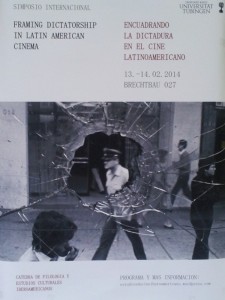Arbitrary automated censorship at Edublogs
This term, I’m running a class blog for a module about Music on the Screen – not film music, but the representation of music making in different forms of film and video. Because the blog tools on the University’s digital learning platform (we use Moodle) aren’t very good, I’ve been using an external platform called Edublogs, which is basically a version of WordPress set up for ease of use in educational environments.
So far, so good. Until now. Read more
